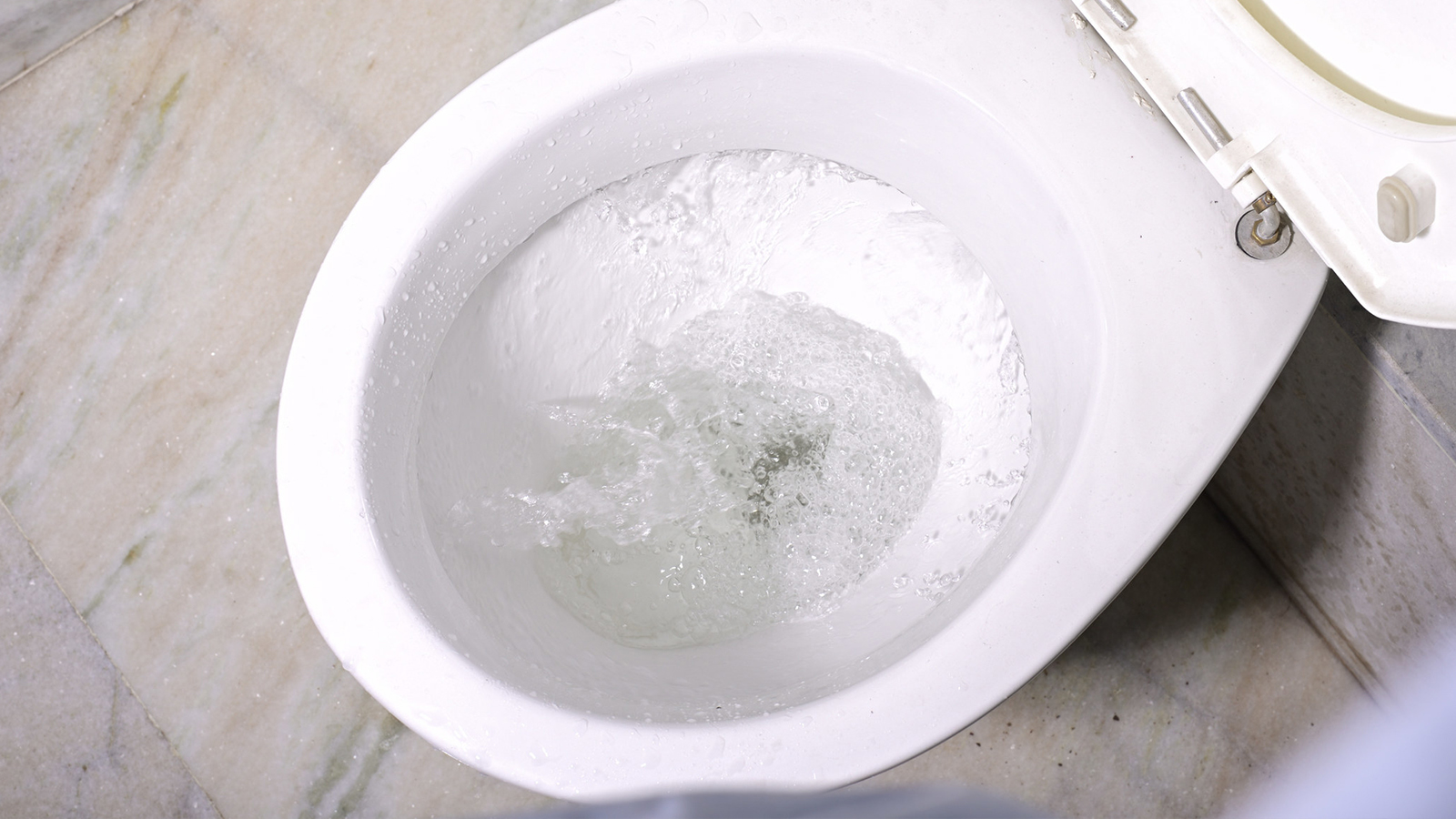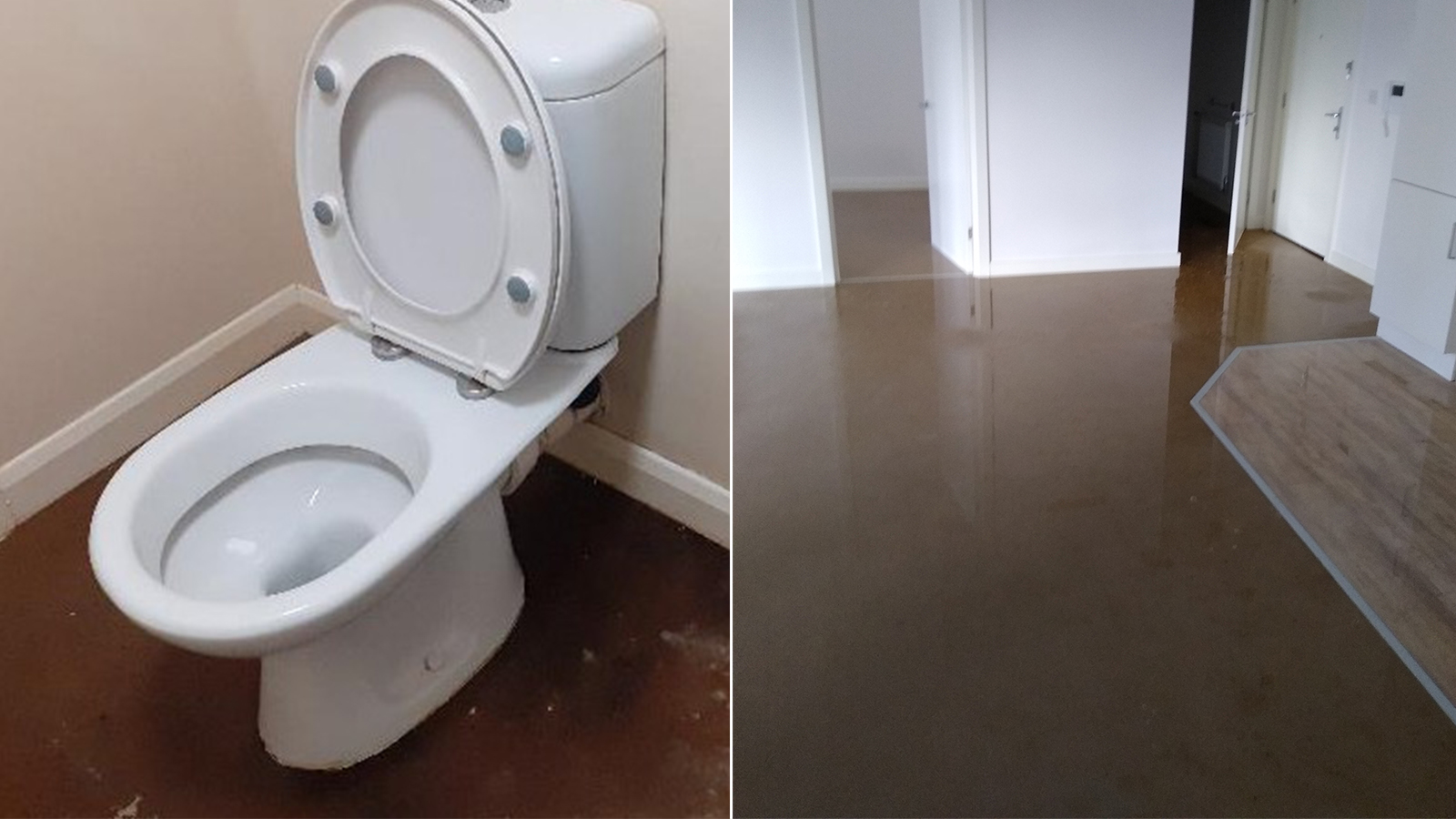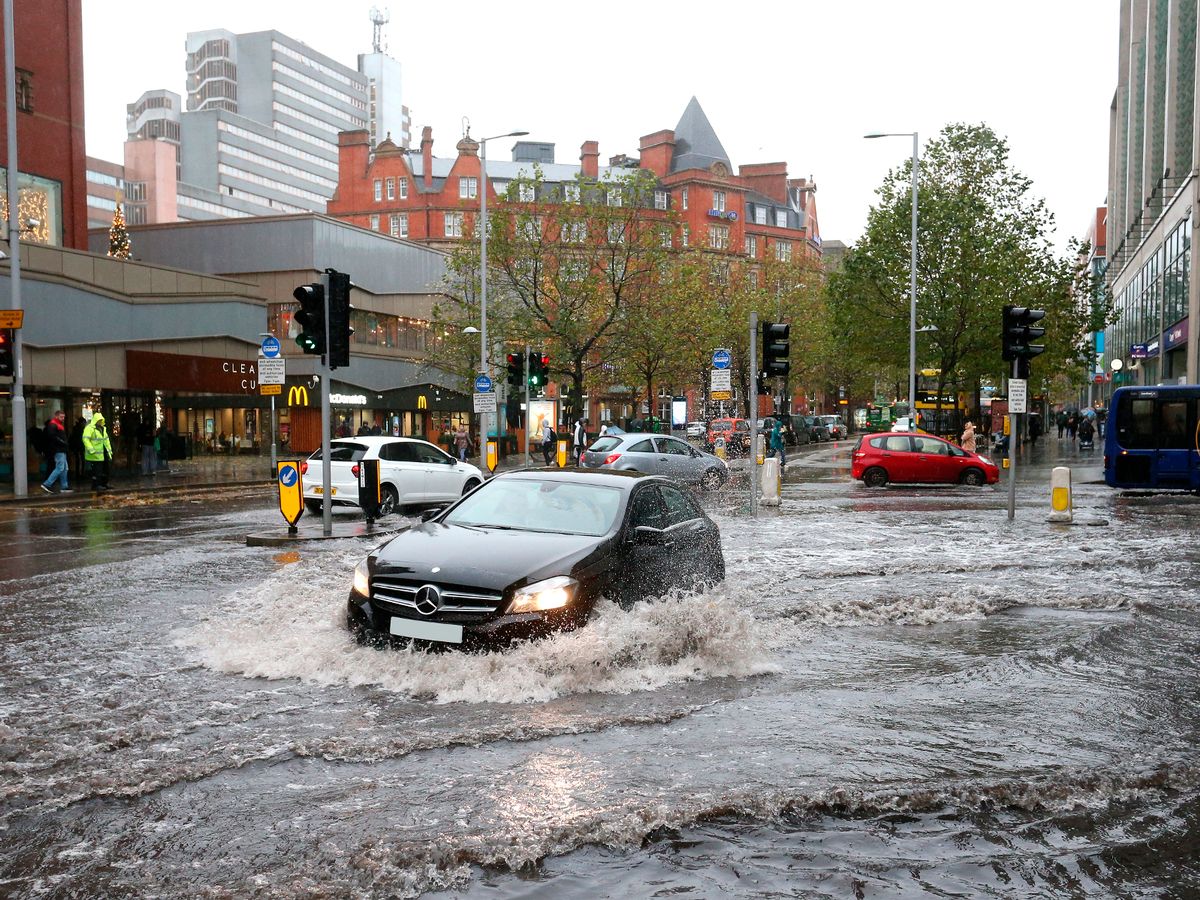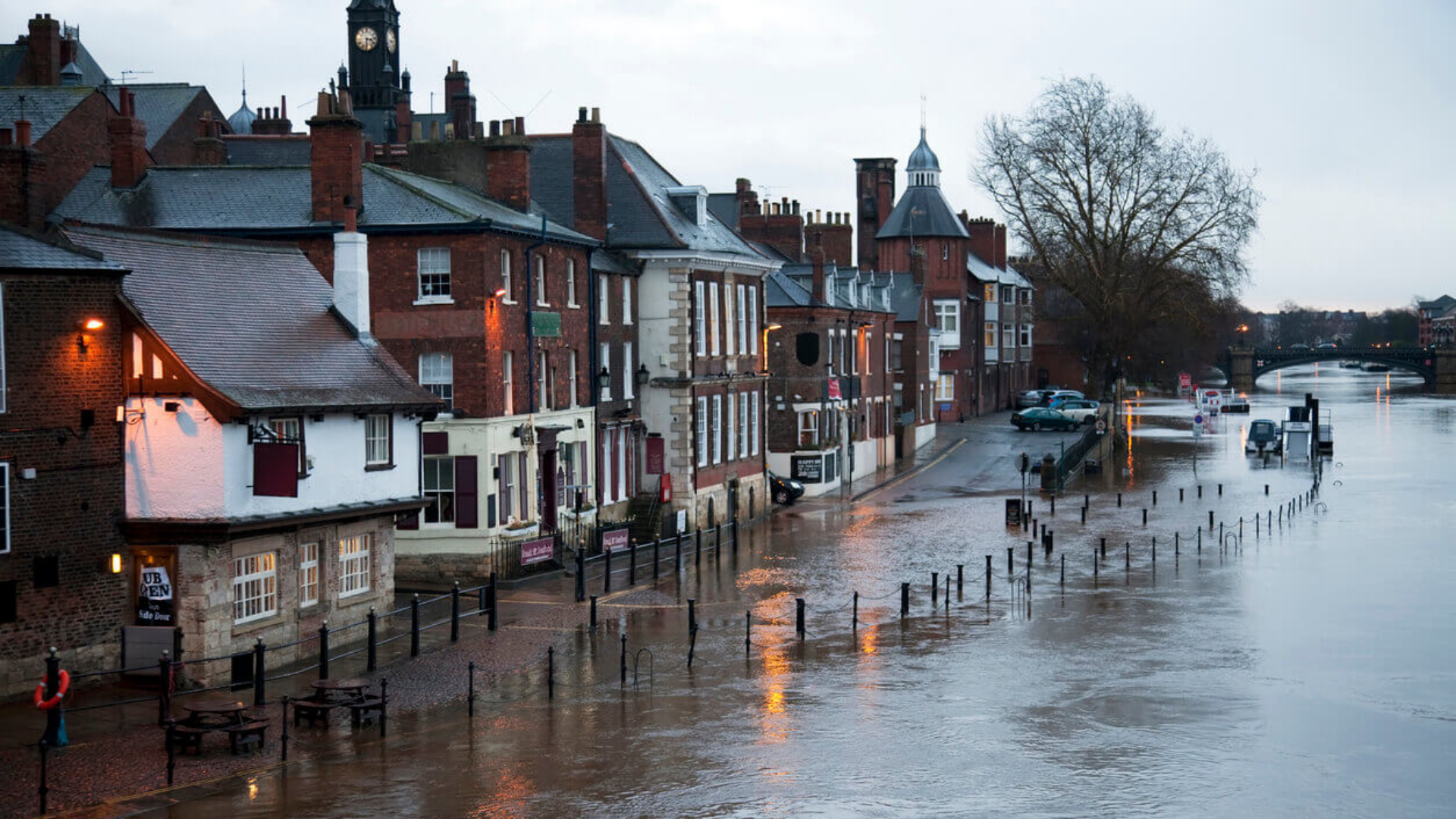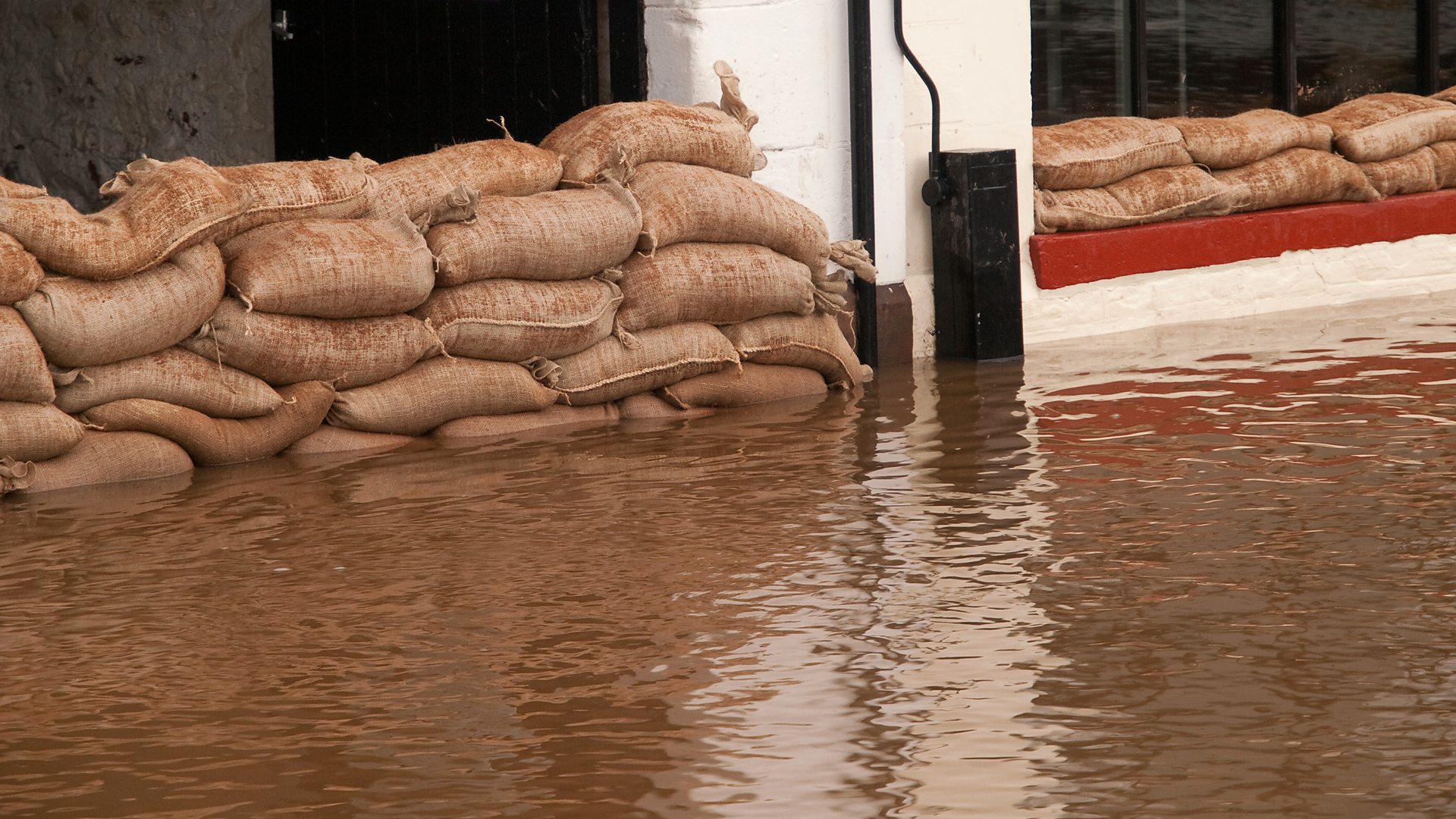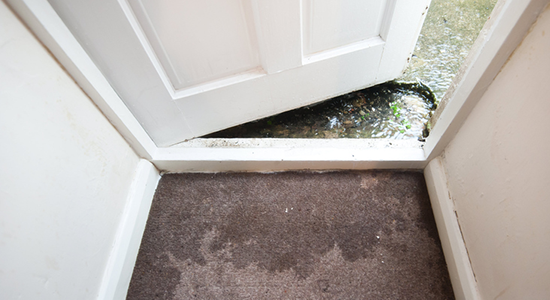A new guide published by waste management and emergency cleaning specialist SafeGroup is lifting the toilet lid on the many different types of wastewater.
Do you know your blackwater from your brown water? What would you do if greywater spilled on the kitchen floor. And what is the best place to dispose of yellow water?
The new guide provides answers for all these questions, and many more. It is designed to help both householders and businesses to better understand wastewater so they can be prepared in an emergency.
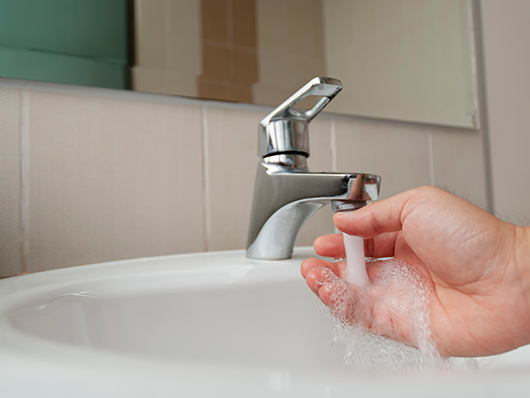
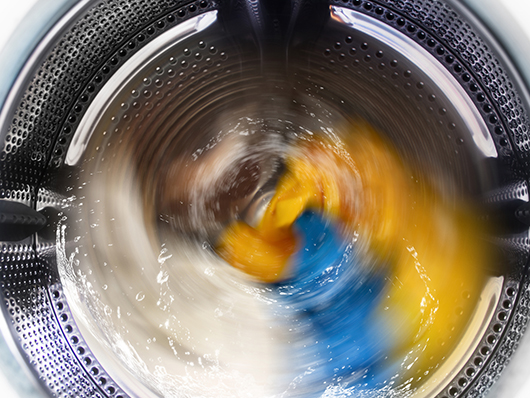
Protecting properties
SafeGroup’s Sales and Marketing Manager, Michelle Ringland, explains: “When most people are asked about wastewater they think of sewage. That’s not a bad place to start.
“But wastewater is more complicated than that. Raw sewage is just one type of wastewater. Understanding all types is essential to manage waste and emergencies in the home and at work.
“Our guide is designed to help householders and businesses protect their properties, their health and safety, and to meet legal obligations to protect their neighbours and the environment.”
As has been indicated, wastewater is broadly categorised into different colours. So, what colour is raw sewage, the most commonly recognised wastewater? It is called blackwater.
Dangerous pathogens
In homes, sewage is the most hazardous form of wastewater. It contains many different dangerous pathogens, including bacteria, viruses, and parasites that can cause serious illness and disease, even death.
To find out more about these risks read another SafeGroup guide: 10 Ways Raw Sewage Can Kill You.
Another common type of wastewater is greywater. This is blackwater without the poo, pee and food waste. It is water that comes from baths, bathroom sinks and washing machines used for clothes.
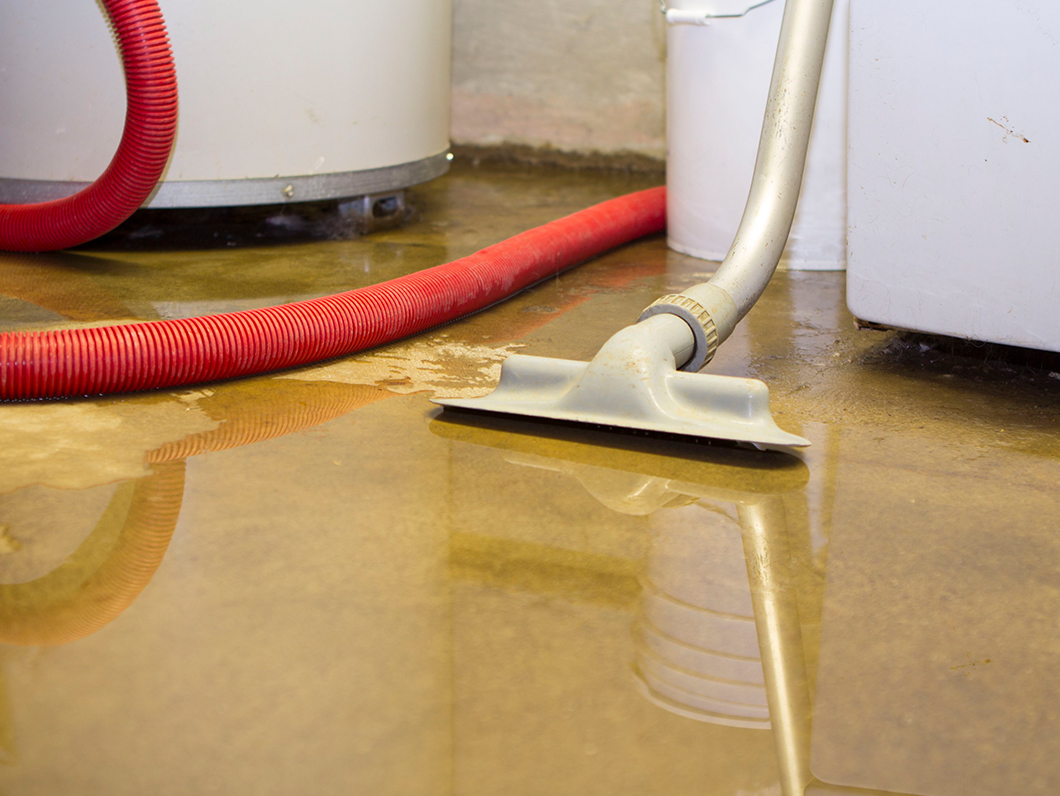
As the guide explains, greywater contains chemicals and cleaning fluids. But it is more suitable for re-use, for example for flushing toilets, because it does not contain any nasty pathogens.
Tiny amount of poo
The guide flushes out other fascinating facts about our use of water and how we turn it into wastewater. Did you know?
- The average family of four gets through around 150,000 litres of water every year.
- Of that, about two-thirds is greywater.
- Brown water is the poo in blackwater and makes up just one thirtieth of 1% of all the wastewater we create.
- Scientists break down the ‘waste’ in water into nine components that includes radioactivity. Not that wastewater glows in the dark.
Understanding the different types of wastewater more thoroughly has two main benefits.
Reduce carbon footprints
It makes sure we can all, at home and in the workplace, manage the health and safety risks associated with the worst kinds of wastewater, for example sewage, especially in an emergency.
It also helps us to manage wastewater in a more eco-friendly and sustainable way. We need to prevent pollution to protect wildlife. We can also reduce our carbon footprints to tackle climate change
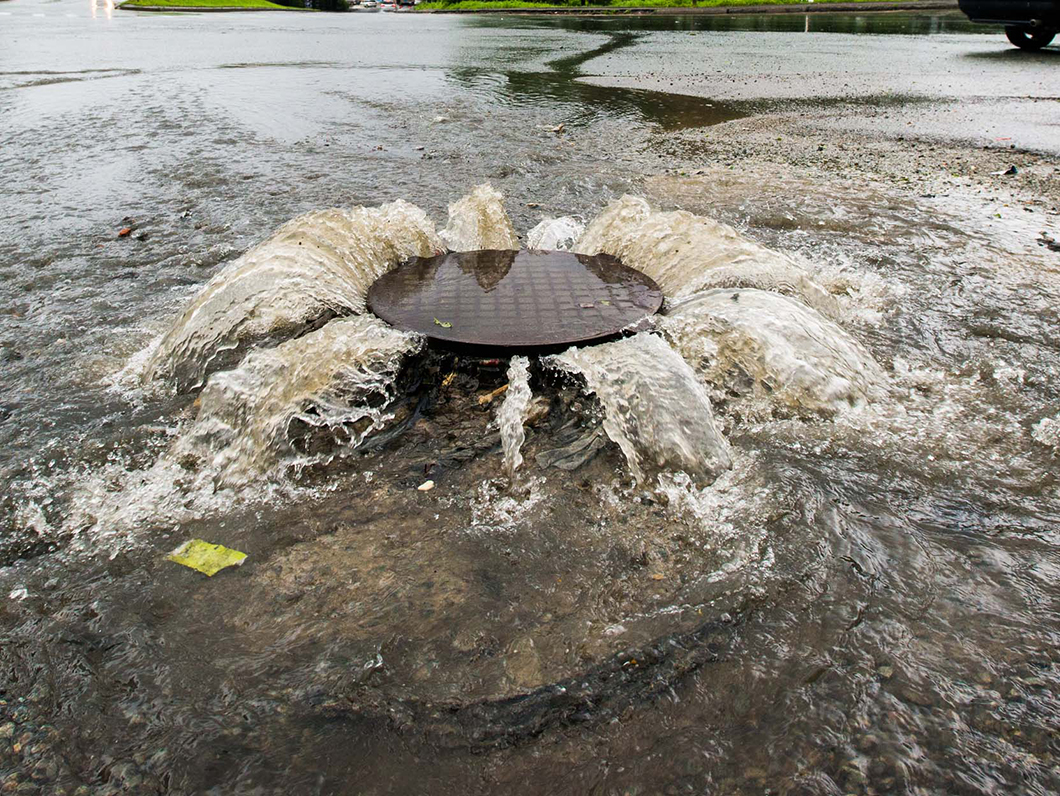
Michelle Ringland says: “Both internal and external flooding are among the most serious emergencies householders have to face. Taking the right, decisive action in the first moments of such a crisis is critical.
“Understanding the different types of wastewater helps people do that. Our guide also makes clear that reducing the amount of greywater we create, and reusing it where we can, can make a major contribution to resource conservation.”
Flood damage cleaning
SafeGroup is one of the UK’s leading specialist waste management, decontamination, and cleaning specialists. Its services include flood damage cleaning and rehabilitation, flood waste removal, and sewage spill cleaning.
Its trained and experienced emergency teams work across the UK, 24 hours a day, 365 days a year helping businesses and domestic customers recover quickly and safely from wastewater emergencies.
Read our guide: What are the Different Types of Wastewater?
Find out more about SafeGroup emergency flood cleaning and sewage clean-up services. Call 0800 668 1268. Email [email protected].

